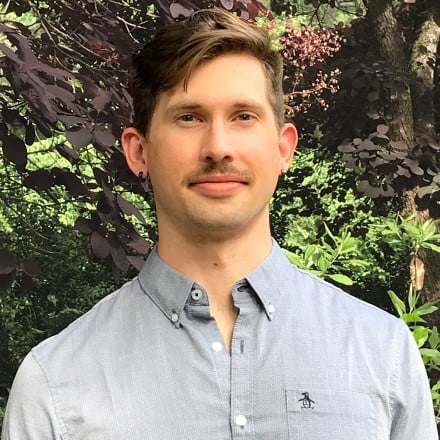Neutrophils are fast-moving innate immune cells that play important roles in the initiation and progression of multiple cancers. Although it is an essential mediator of their immunological activity, relatively little is known about the mechanism of neutrophil migration in 3D. Neutrophils rapidly deform and contort themselves to navigate the fibrous extracellular matrix, resulting in complex and dynamic morphology. Cellular morphology encodes information about the cell intrinsic mechanisms and environmental factors that define it. Recent analytical and technical advances have improved our ability to understand 3D cellular morphology and to simulate the physical properties of human tissues in vitro. Dr. van Loon’s proposal will leverage these new technologies to investigate the dynamics of neutrophil migration in 3D. To interrogate the cell intrinsic mechanisms of neutrophil shape and behavior, he will perform cell shape analysis on cells exposed to a variety of genetic and chemical perturbations targeting cytoskeletal components. To dissect the extrinsic effects of the physical environment on neutrophil migration, he will also observe neutrophil activity in hydrogels with variable pore size and plasticity, as well as in intact tissues of live zebrafish larvae. Dr. van Loon’s work will provide significant new insight into the highly-adaptable nature of neutrophil motility, which represents a critical component of the innate immune response to cancer.
Projects and Grants
Defining the impact of the physical environment on the mechanism of neutrophil migration in 3D
University of Washington | All Cancers | 2022 | Julie Theriot, Ph.D.
